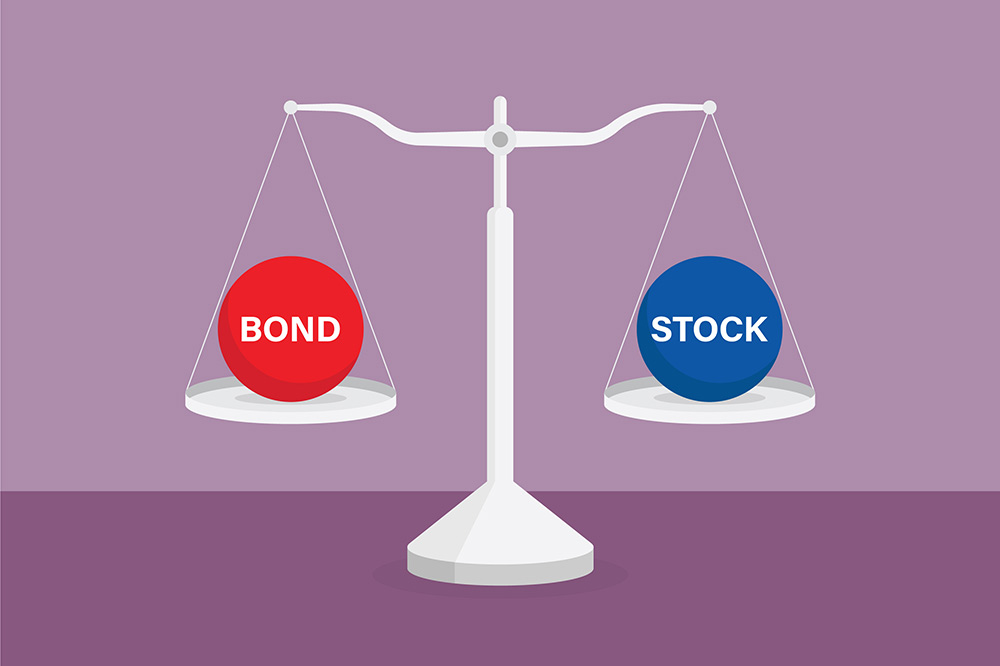Is equity release a good idea?
This content is for information purposes only and should not be taken as financial advice. Every effort has been made to ensure the information is correct and up-to-date at the time of writing. For personalised and regulated advice regarding your situation, please consult an independent financial adviser here at Castlegate in Grantham, Lincolnshire or other local offices.
According to a recent study, 22% of British workers plan on using their home to fund retirement. However, doing so can be risky. What if the property does not achieve the value you hope for? What if you struggle to find a buyer? Nonetheless, there is an argument for equity release (i.e. releasing the value of your home for a lump sum) in certain retirement planning cases. Below, our financial advisers at Castlegate here in Grantham explain how equity release works and some pros and cons to consider in 2022. We hope you find this content helpful. If you want to discuss your own financial plan with us, please get in touch to arrange a no-obligation financial consultation, at our expense:
01476 855 585
info@casfin.co.uk
How does equity release work?
For many individuals, a large portion of their wealth is tied up in their home and this can place barriers for funding retirement. Suppose Person A has £500,000 tied up in their home (with no “liquid” savings, like cash) whilst Person B holds this amount in a pension pot. The latter could start drawing from the pot, after age 55, to fund their retirement. Person A, however, would not traditionally be able to sell “pieces” of their property and make withdrawals.
Equity release, however, makes this possible. In effect, it “unlocks” the value in your home and turns it into cash. You are not required to have paid off your mortgage in full, but only those aged over 55 may consider it (60+ for home reversion plans). Over 300,000 homeowners have done this since 2011, with £4.8bn turned into cash over the course of 2021 alone.
There are two broad ways to approach equity release:
- Lifetime mortgages. This is the most common way to do equity release. Using a fixed (or “capped”) interest rate, you borrow some of the value of your home – either as a single lump sum or in multiple parts (drawdown). You must then repay what you borrow over time, similar to a regular mortgage.
- Home reversion plans. Here, a provider buys your home at a price below market value and gives you a tax-free lump sum in exchange. You can then live in the property until you die (at which point, it is sold and the proceeds are split between you and the provider based on the ownership split).
Pros and cons of equity release
The clear advantage of an equity release agreement is that it can give you access to needed capital, fairly quickly. If you have not saved enough into your pension(s) throughout your career and are nearing retirement, for instance, then this helps avoid the need to delay retirement (to build up more savings). In certain cases, moreover, equity release can help to mitigate an inheritance tax (IHT) bill. Any money used from your property to repay an equity release loan will be deducted from the future value of your estate. Therefore, someone with a property well above their IHT-free threshold may be able to use equity release to both help fund their retirement now and reduce an IHT liability in the future.
However, the downside is that it can erode the inheritance you hope to pass down to loved ones. With most equity release plans, your property must be sold when you permanently move out, or die. It will then be sold to repay the provider – with any remainder going to your estate. Your wealth is also likely to be negatively affected by the compound interest that builds up on your loan amount (and interest that has already been accumulated). Since it could be many years before a lifetime mortgage is repaid, the debt could escalate quickly. This can be mitigated somewhat by paying it off gradually with an interest-only lifetime mortgage.
Those considering equity release out of necessity – perhaps due to a lack of pension savings – may benefit from looking at downsizing, first. This could release some needed cash from your property without the need to take on further debt in retirement. In some cases, downsizing can be a sensible option anyway if the existing family home is proving too difficult to manage and/or too costly to run. However, we understand that this will not always be a practical or palatable option for many people who feel attached to the home they have built so many memories in.
The important thing to do is seek financial advice if you are considering equity release. It is an important decision with big implications for your wider financial plan. Make sure you have the guidance and best information available beforehand.
Invitation
If you are interested in discussing your own financial plan or investment strategy with us, please get in touch to arrange a no-commitment financial consultation at our expense:
01476 855 585
info@casfin.co.uk












